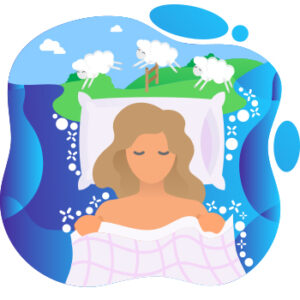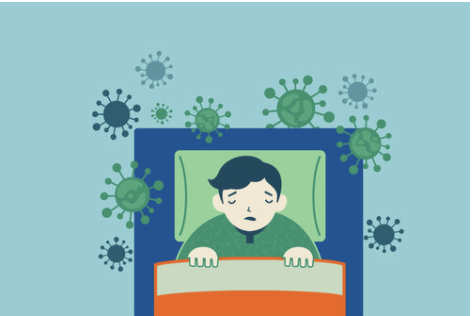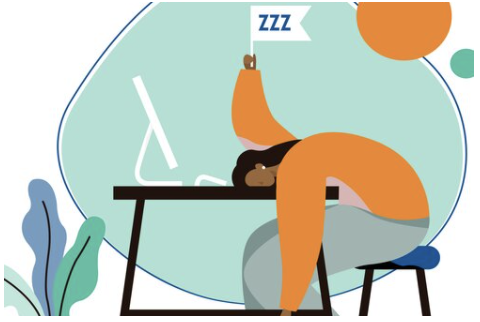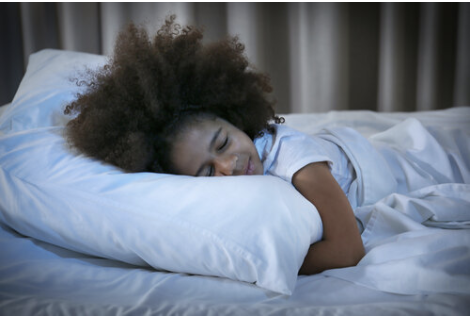Healthy sleep can change your life.
FusionSleep can help.
If you already know you’re experiencing sleep problems, you can skip our sleep quiz and go straight to scheduling an appointment.
Our top-rated physicians can help you identify your sleep problem and recommend the best therapy. When you contact us, our patient care coordinators will answer any questions you have and get you scheduled at a time and location (including virtual appointments) convenient for you. Get started now and begin your journey to better sleep.

Testimonials
Sleep Resources
At FusionSleep, our entire practice is centered around sleep. Visit our blog for educational resources and in-depth information related to healthy sleep.

Sleep & COVID-19: How to Sleep Better as the Pandemic Continues
Looking for solutions on how to sleep better?
You’re not alone.
For many people, sleep and COVID-19 make an unlikely combination as the global rates of pandemic-related insomnia spike. Studies have found that sleeping disorders have increased from 2.3% to 76.6%, depending on demographic factors and location.

Why Am I Still Tired?
Excessive daytime sleepiness (EDS) is defined as the inability to maintain wakefulness or alertness during the major planned awake time of the day, or difficulty waking up after adequate or prolonged nighttime sleep. Do you feel like you are getting the most out of your day? Does daytime sleepiness keep you from activities that you want or need to do in your social or professional life?

Does My Child Need a Sleep Evaluation?
All parents know that sleep plays a critical role in their child’s behavior. If you’ve noticed your child seems irritable, depressed, is having difficulty concentrating, experiencing night terrors, or even snoring frequently, a sleep disorder might be to blame. If that seems far-fetched to you, it’s not. The American Academy of Pediatrics estimates that 25-50 percent of children and 40 percent of adolescents are affected by sleep problems.
